

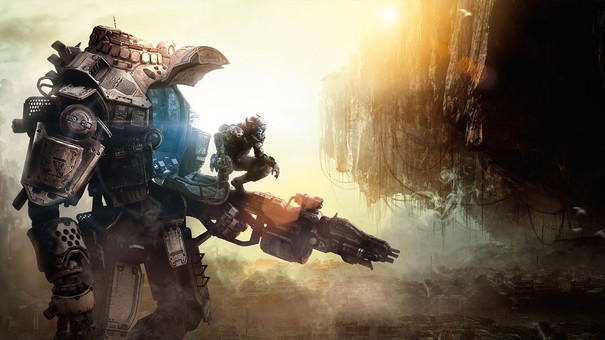

Like some sort of super-expensive realisation of the old cliché about German efficiency, GamesCom seems designed to make E3 look second best. Part of this is down to, of course, the fact that the Germans seem to actually know what they're doing, whether it's planning a show or just in general. The second is that GamesCom is perfectly timed to offer a far better look at the games you've been waiting for. Closer to release means better builds, better builds means more confidence, more confidence means more hands-on.
If you've ever been to E3, it's like being stuck in a gigantic, live-action Saw theme park ride, where the only way of surviving is not to kill everyone else there, or yourself, for that matter. Which is difficult...
Set in LA's Convention Center, the organisers throw every booth onto a gigantic show floor with a wireless network that's akin to thousands of people all screaming into the air at once, hoping that their combined voices will form an air current and take their words to whichever country they came from. Amongst all of that, though, are adrenaline-fuelled reveals and hyperbole that, when broken down, often go no further than the original announcement.
The Koelnmesse, on the other hand, is utterly tranquil by comparison. It's all a massive grid system, so if feels like a more business-orientated version of Wolfenstein 3D, except with fewer Hitler portraits and more B2B booths about gaming in Taiwan. And the internet works.
But the best thing about GamesCom is not just its proximity to the train station, or its structure, but where it sits in regards to the end of the year. E3 might be where games are announced in a show of screaming force that would make your average My Super Sweet 16 participant seem like a monk on a vow of silence in a 1930s movie, but that's pretty much it. In the run up to the launch of a new generation of consoles, there wasn't much to actually play at E3, and what was there, in some cases, didn't impress as much as it should.
A couple of months later, however, and the change was stark. The public could go hands-on with PS4 and Xbox One, for starters. Titanfall was also playable, and took game of the show for everyone that doesn't think a 7-minute video of Destiny is the best thing ever. Respawn intrigued a lot of people at E3 with its promise of persistent worlds, fast running and gunning, parkour and, of course, giant robots falling from the sky. Short gameplay video aside, though, it was difficult to get across how accomplished the game really was. No such trouble here, and - if it wasn't before - the game is now near the top of a lot of anticipation lists.
Dead Rising 3, too, looked like another fun zombie genocide, this time with a framerate above 'Crysis running on SNES'.
Mad Max was a lot better, Arkham Origins even more impressive than before. PES 2014 was fun at E3, shite last month, and much improved now. There were more and better demos, as publishers decided they could trust their wares in the hands of journalists and the public now it had a few extra months of polish. Developers also could talk more about their games. E3 can be a shower of noise without a lot actually being said.
In Germany, on the other hand, you'll probably have played the game in question before you interview the developer, so it's easier for you to call them on any aspect that doesn't seem legit.
Having a truly impressive game at a show, that is also playable, also changes the vibe of the event itself. Everyone I met would ask me if I'd played the aforementioned Titanfall, and when I responded that I had not played it (as I'd given my press pass to our very own Dave Scammell), they excitedly babbled about how that had to be rectified.
Gamers, publishers and journalists alike may be obsessed with E3, but it's at GamesCom - this year, at least - where the excitement for next-generation really kicked into gear.
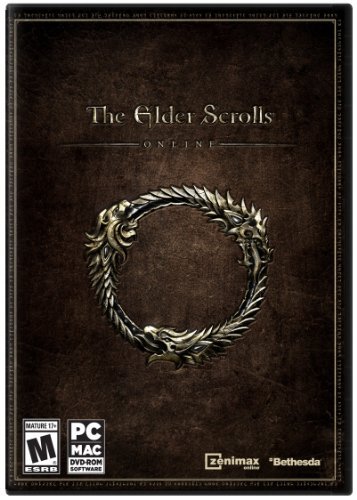

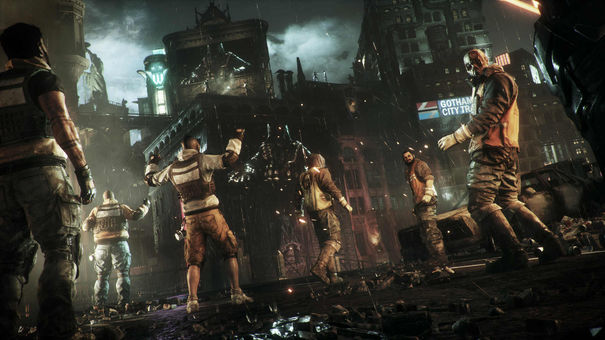

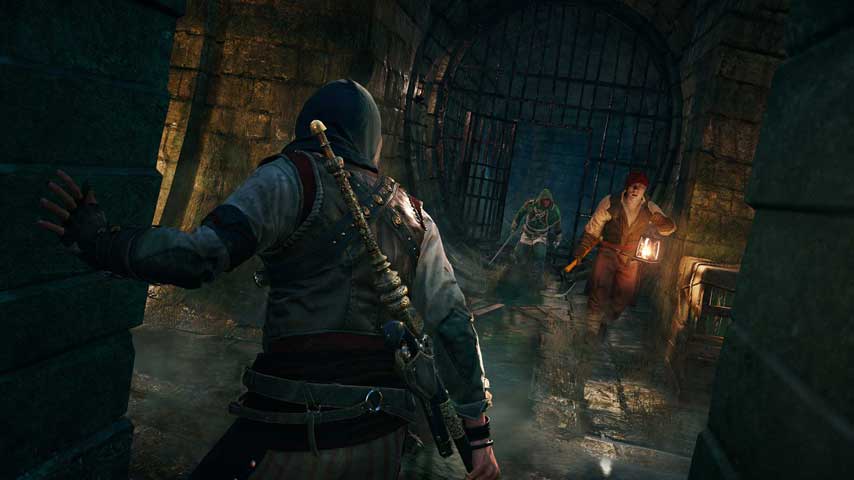 Assassin’s Creed: Unity guide – Server Bridge: Paris 1898 – Lady Liberty
Assassin’s Creed: Unity guide – Server Bridge: Paris 1898 – Lady Liberty Wasteland 2 guide: defeat Matthias and save the world
Wasteland 2 guide: defeat Matthias and save the world Torchlight 2: Fire and Spark Mage Engineer Build Guide
Torchlight 2: Fire and Spark Mage Engineer Build Guide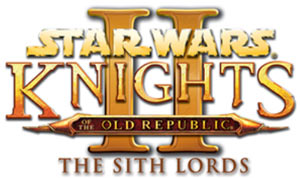 Knights of the Old Republic 2 Tweak Guide
Knights of the Old Republic 2 Tweak Guide Thief Walkthrough Chapter 7 : The Hidden City – How to Beat Thief-Taker General
Thief Walkthrough Chapter 7 : The Hidden City – How to Beat Thief-Taker General